Wearing kimono for the first time-Bhutanese family in Fukui City, Fukui Prefecture
2018.05.27
As we introduced in our previous blog that I visited Nishiyama Park and Nishiyama Zoo with Mr. Ugen Dorji’s family.
Mr. Ugyen Dorji is studying at University of Fukui as a teacher trainee from Bhutan since around October of 2017. And at the end of March of 2018, his family arrived in Japan as well.
Today, I would like to introduce Ichijodani Asakura Clan Ruins in Fukui City, Fukui Prefecture which I visited with his family.
There are restored warrior's residences, menchant's houses and craftsman's houses which were rebuilt with some of the archaeological remains found there.
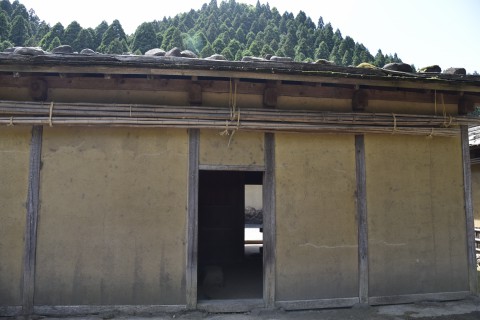
They were rebuilt like the old ones as much as possible, so you can feel as if you are in the Warring States Period.
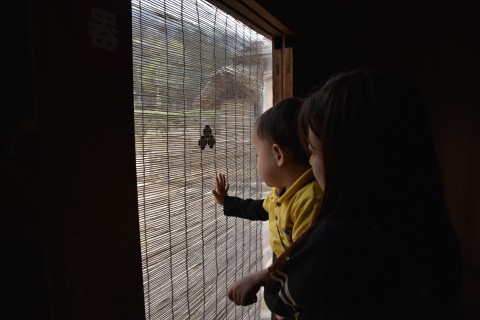
Mr. Ugyen Dorji’s family was curious to see what they had in the restored residences and houses.
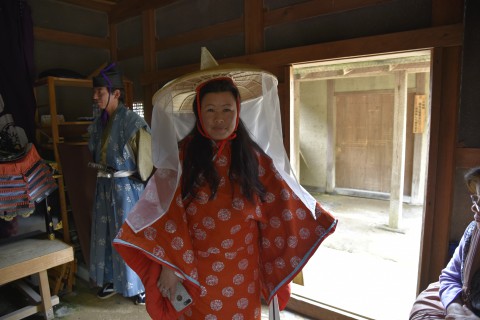
In the restored town, there is a place where you can try the kimono dressing experience.
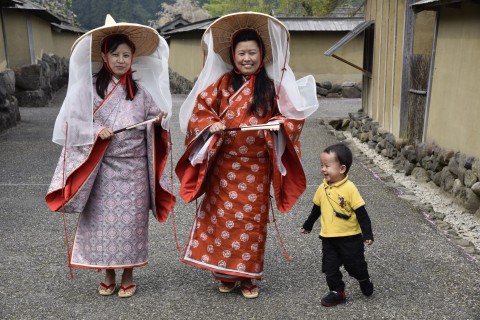
Mr. Ugyen Dorji’s sister and wife were very excited to wear the kimono for the first time in their lives. The kimono which they wore that day were the ones the women from the Warring States Period would wear to special places and/or events.
They said that the kimono was heavy for them, but they enjoyed walking around the restored town with it. With the traditional kimono and the old town, they felt as if they were in Warring States Period.
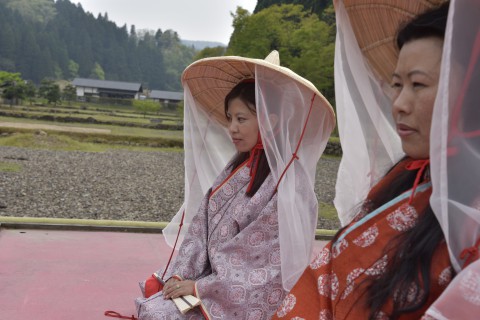
They mentioned that the kimono which they wore that they were similar to traditional Bhutanese clothing.
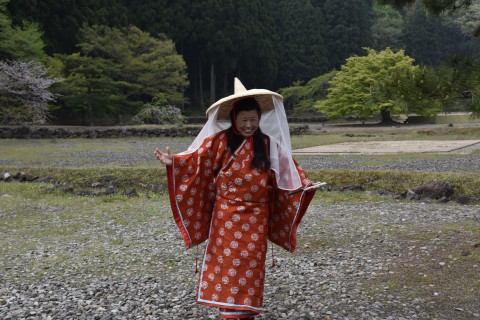
His sister showed me how they dance the traditional dance with the traditional clothing in Bhutan.
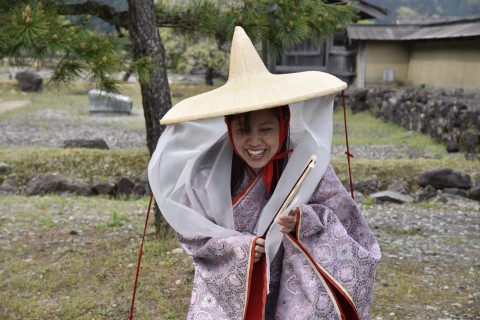
We talked alot, laughed, and had a great time.
It was interesting to know that there are some similarities as much as there are differences between Bhutan and Japan. I found a big didfference between us that in Bhutan, people usually wear traditional clothes when they go to schools, a city hall or any other government offices. In Japan, although some people wear kimono for ceremonial occasions such as weddings, funeral, the New Year and so on, almost no one wears kimono or any other traditional clothes for those places on a regular basis. And one of the interesting similarities between us is that many people use smartphones, take selfies and use social networking services alot just like we do in Japan.
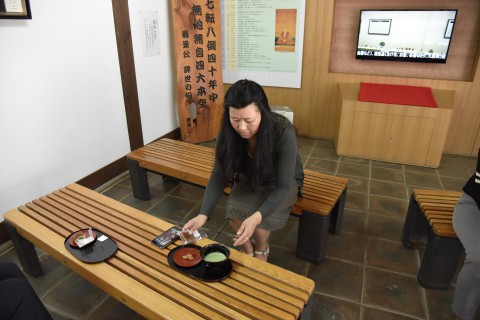
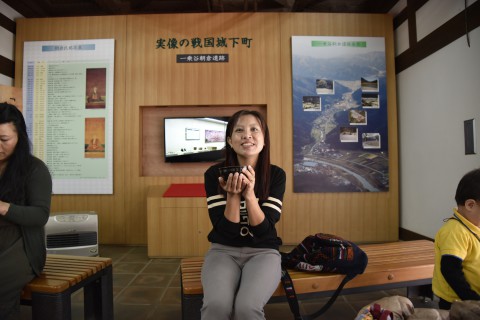
After they tried the kimono dressing experience, they had matcha green tea.
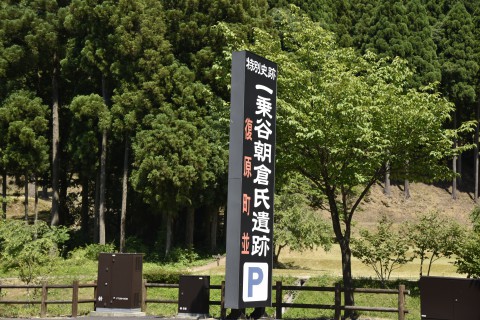
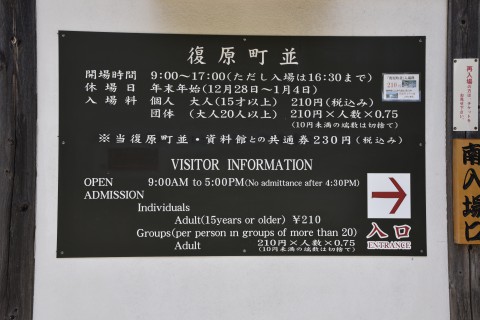
Ichijodani Asakura Clan Ruins are surrounded by beautiful nature, so you can feel refreshed and learn about Japanese history at the same time. If you have a chance to come to Fukui, you must go there!
T.F

